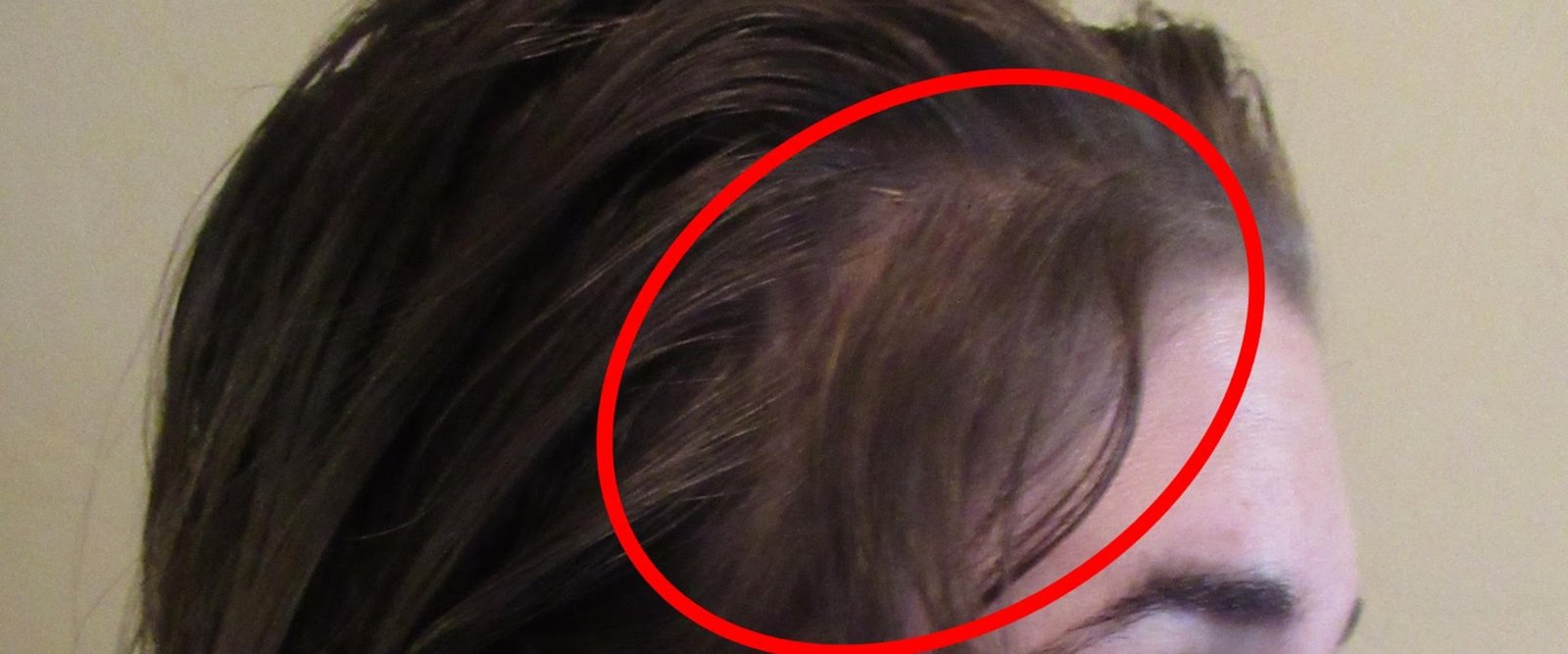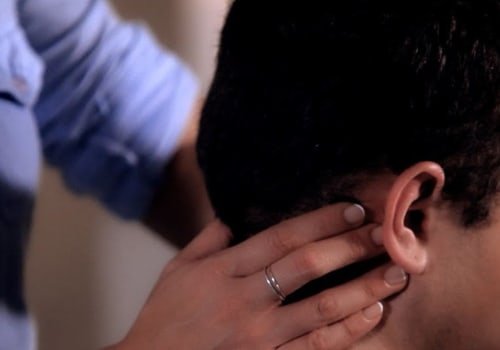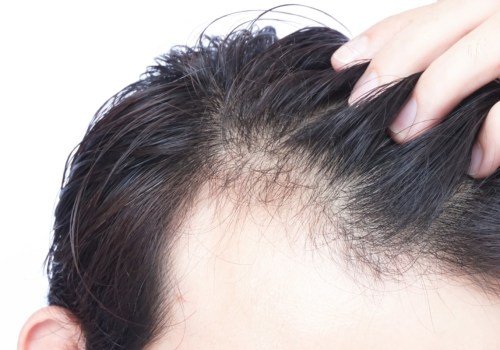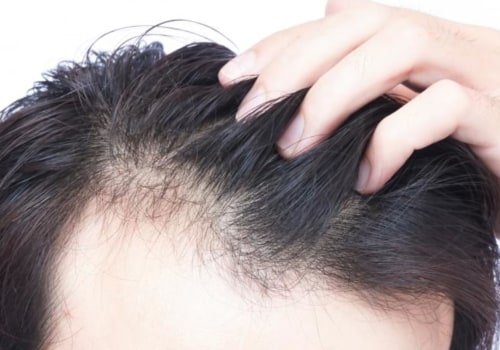Patients who have gastric sleeve surgery or gastric bypass are more likely to experience hair loss due to rapid weight loss, which can cause the body to shift nutrients to vital organs such as the heart and brain and away from cosmetic functions such as hair growth. Research has shown that physiological stress resulting from major surgery and rapid weight loss can cause the body to shift nutrients to vital organs, such as the heart and brain, and away from cosmetic functions such as hair growth. Although hair is important to us, it is not important to the body. As a result, the hair growth phase could temporarily stop and start the latent state, causing some hair loss.
It occurs most often between 3 and 5 months. As the body adapts to the changes, hair loss will decrease and then stop. Hair should grow back normally, as long as there are no nutrient deficiencies and you consume the right protein. Losing more hair than usual is common in the months after bariatric surgery.
Talk to your doctor about dietary changes or supplements that reduce hair loss after the procedure. You should notice less hair loss over time, and your hair should begin to grow more typically after that. Talk to your doctor if you experience hair loss 6 months or more after the procedure. Nutritional deficiencies are the most common cause of hair loss in bariatric patients, so take vitamins to keep your body balanced.
Vitamins will keep your nutrient levels high, helping you fight hair loss. Talk to your bariatric doctor to see what types of vitamins you should take and how often. The four common types of weight-loss surgery include duodenal change with biliopancreatic bypass, laparoscopic adjustable gastric band, Roux-en-Y gastric bypass, and sleeve gastrectomy. Protein, especially lean protein, is essential for weight loss surgery patients as it helps muscle growth, recovery and weight loss.
They occur more frequently after malabsorptive surgical procedures (biliopancreatic diversion with duodenal change, malabsorptive surgery and Roux-en-Y gastric bypass) than restrictive operations (adjustable gastric band and laparoscopic sleeve gastrectomy). Like being overweight, when you lose a lot of weight quickly and have a restricted diet, your body can undergo changes that, if not properly controlled, can have adverse effects. All of this can culminate in a condition known as telogen effluvium, a type of hair loss that patients often experience after undergoing weight loss surgery. Despite oral medications, dietary restriction, and exercise, he was unable to maintain or lose weight.
This is because they lose weight at a slower rate compared to other bariatric surgery patients and do not suffer from a high level of nutrient deficiency. While it can make many patients feel self-conscious and can negatively affect their self-esteem, hair loss after bariatric surgery is common and does not last longer than six months. Nutritional deficiencies, some of which are associated with dermatoses, occur in about half of bariatric surgery patients. So why is this happening and what can you do to help prevent it? One thing to keep in mind is that those who undergo gastric sleeve or gastric bypass procedures are more likely to experience hair loss than those who undergo the lap band procedure.
This is because those who undergo gastric bypass or sleeve surgery experience faster weight loss and a higher prevalence of nutrient deficiency after surgery. There was also a significant association between iron levels and alopecia (P %3D %3D 0.01), but the mean values of patients with hair loss were within the normal range. We anticipate that the use of this acronym may help physicians describe patients with hair loss attributed to this etiology after weight loss surgery associated with obesity. The main reason that gastric sleeve and gastric bypass patients experience hair loss is due to the drastic change that is due to the drastic change in their eating habits, nutrition levels and rapid weight loss.
Most bariatric doctors will tell their patients the same thing: with time, patience and proper nutrition, their hair will return completely. Many patients and prospective bariatric patients seek advice to prevent hair loss after weight loss surgery. . .





